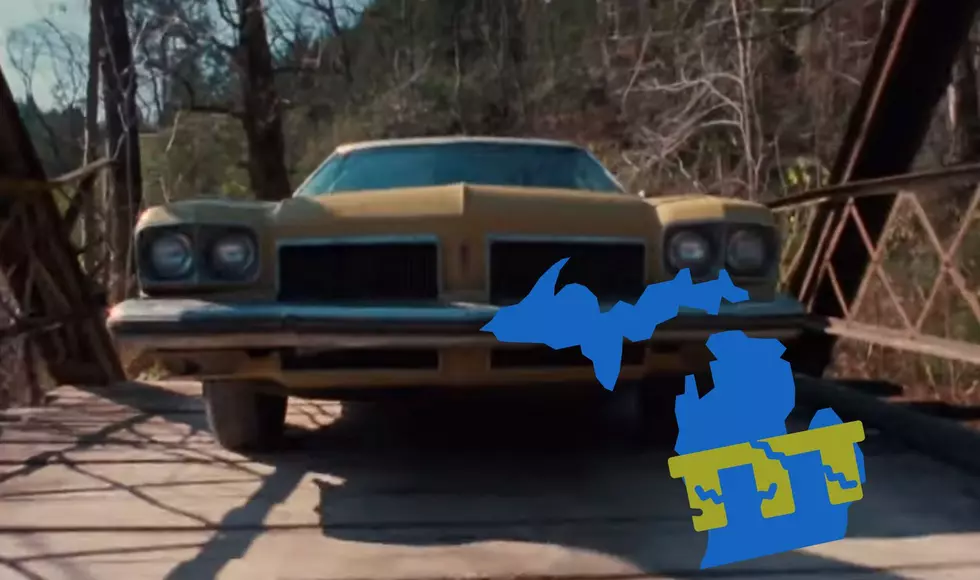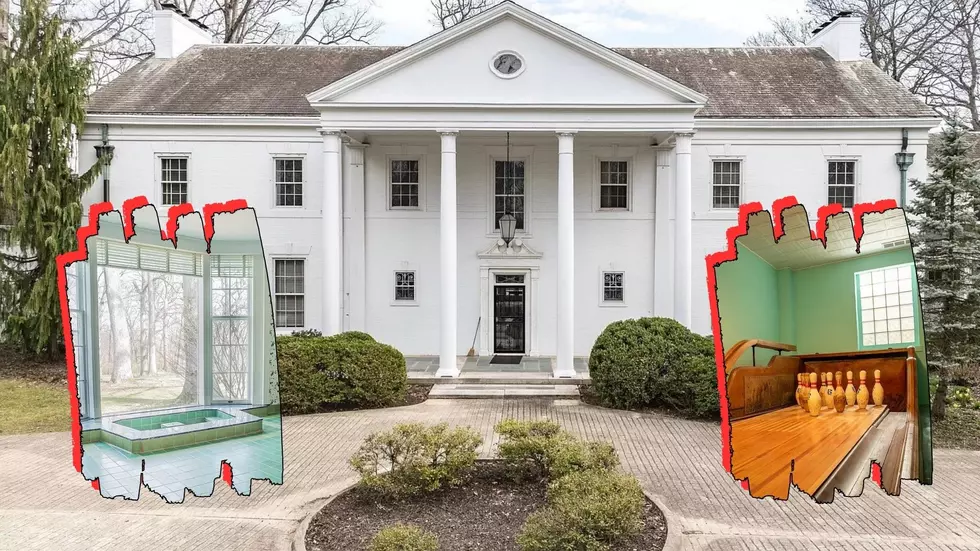
An Indiana Man Sued the Hell Out of Ford Over Windshield Wipers, and Won Millions
As spring rolls around, rain and thunderstorms will start happening more often, which means, you'll need your windshield wipers in good shape and ready to go. But, did you know the man who invented the intermittent windshield wipers, is from the Lake Michigan area?
Robert Kearns is a native of Gary, Indiana, and you can thank him for your ability to drive in the rain. You can also thank him for putting the auto industry in their place.

Kearns' claim to fame is an invention that has changed very little over more than 60 years. He created the intermittent windshield wipers, which were a change from the industry standard in the 1960s, which had two features - On, and Off.
Kearns had suffered damage to one of his eyes after catching a cork during his wedding day, and suffered from the constant movement of windshield wipers, even while driving in light rain.
He found it obnoxious, so for the next few years, he developed a way to control the speed of the wipers, and in 1969, he patented the "intermittent wiper" and took the idea to Ford, as well as the other major auto industry leaders, to try and sell his idea to them and put it on their vehicles.
All three rejected the licensing of his invention, but suddenly in 1969, Ford began putting the intermittent wipers on their Mercury line without Kearns' permission. Other auto companies followed suit, and resulted in one of the largest lawsuit campaigns against the auto industry at the time.
The Lawsuits against Ford, Chrysler, and the rest of the auto industry
Kearns first filed a suit against Ford in 1978 against Ford for $395 Million in damages. Initially, he was offered a $30 million settlement with Ford, but he denied it, and in retrospect, probably should have taken it, since it finally went to a jury, and he was only awarded $5.2 million, with Ford paying an additional $10.2 million.
He then took his suit against Chrysler in 1982, which he also won. Chrysler had to pay Kearns $18.7 million with interest, but decided to appeal the decision, unlike Ford. That cost the company another $30 million in fees and compensation for Kearns.
For the most part, Kearns acted as his own attorney, and from day one, told his wife, and lawyers that the lawsuits were not about money, but about holding people accountable for their actions.
As it turns out, nearly the entire auto industry took his creation, and put it on their own line of vehicles without Kearns' approval. So, he continued to file suits. The list of companies he sued included:
- Porsche
- Volkswagen
- Ferrari
- Volvo
- Alfa Romeo
- Lotus
- Isuzu
- Mitsubishi
- Nissan
- Peugeot
- Renault
- Rolls-Royce Motors
- Saab
- Toyota
- General Motors
- Mercedes-Benz
He also sued manufacturers United Technologies and Bosch for creating devices like his without his permission.
When all was said and done, Kearns had been dropped by three law firms, and actually had some cases dismissed because he was representing himself on so many cases at one time, he missed some deadlines to file paperwork for suits.
But in the end, whether it was about money or not, Kearns made more than $60 million from winning lawsuits, and of course we all now have the intermittent windshield wipers on nearly every vehicle produced by automakers.
But at what cost to them?
Ghost Town Gary, Indiana
Remembering AutoWorld
More From 107.7 WRKR-FM









